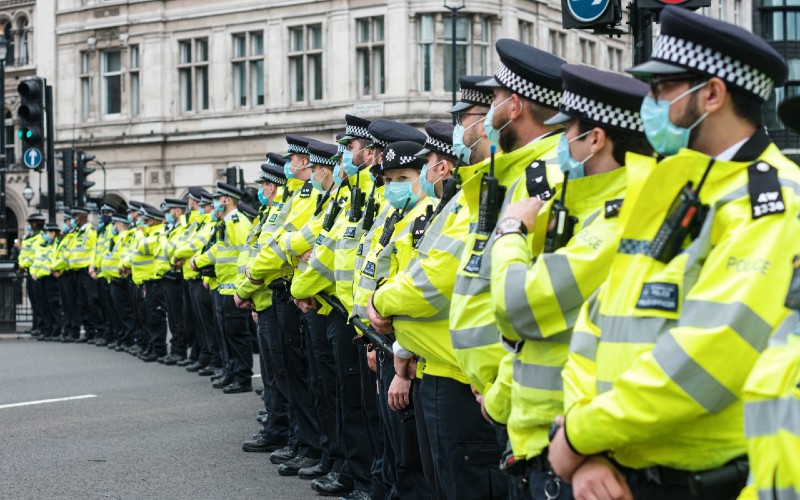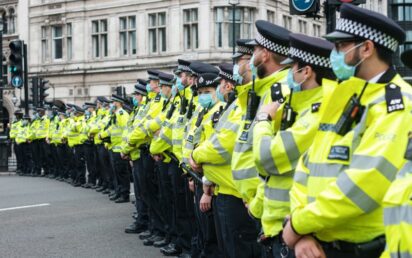Motorola’s Airwave network, used by all emergency services in Great Britain, is to be investigated by the UK’s competition watchdog.
Airwave is the infrastructure and services that enable the police, fire and emergency services to communicate securely with each other when first responders are working in the field.
The Competition and Markets Authority’s decision to launch a market investigation follows a consultation, opened in July 2021, which set out concerns about the impact of the dual role of Motorola as the owner of the company providing the current mobile radio network and as a key supplier in the roll-out of the planned new Emergency Services Network.
After the CMA considered the evidence gathered and reviewed the responses to this consultation, an independent group will now investigate the sector and decide if there are problems, and if so, put in place appropriate solutions.
The CMA is concerned that the market for the supply of the mobile radio network used by all emergency services in Great Britain might not be working well, resulting in a more expensive service for customers and, ultimately, the taxpayer.
It said the reasons for this include insufficient information – particularly in relation to the projects and associated costs needed to maintain and refresh the current network – being provided to the Home Office in negotiations on the pricing of the Airwave network.
It said that as a result of this, and the importance of the Airwave network for public safety in Great Britain, the Home Office is in a weak bargaining position and unable to secure value for money.
Due to Motorola’s dual role, there are fears that Motorola has an incentive to delay or shape the roll-out of the ESN to its advantage, given the significant profits it currently receives from operating the Airwave network.
“As the sole provider of critical mobile radio network services used by our emergency services, we’re concerned that Motorola could be cashing in on its position, leaving taxpayers to cover the cost,” said Andrea Coscelli, CEO of the CMA.
“We’re now referring this market for a full investigation so that we can thoroughly examine these concerns and, if necessary, take action to address any problems.”
The Airwave network was commissioned by the Home Office in 2000 and the agreement was due to end in December 2019. At this point, the network was expected to be shut down and be replaced with ESN, a new secure communications solution using a commercial 4G mobile network.
Motorola gained its dual role by purchasing the Airwave network in February 2016, two months after it had entered into a contract with the government to provide software for ESN.
The merger was cleared by the CMA, in part because of the general expectation that the Airwave network would be shut down by 2019.

